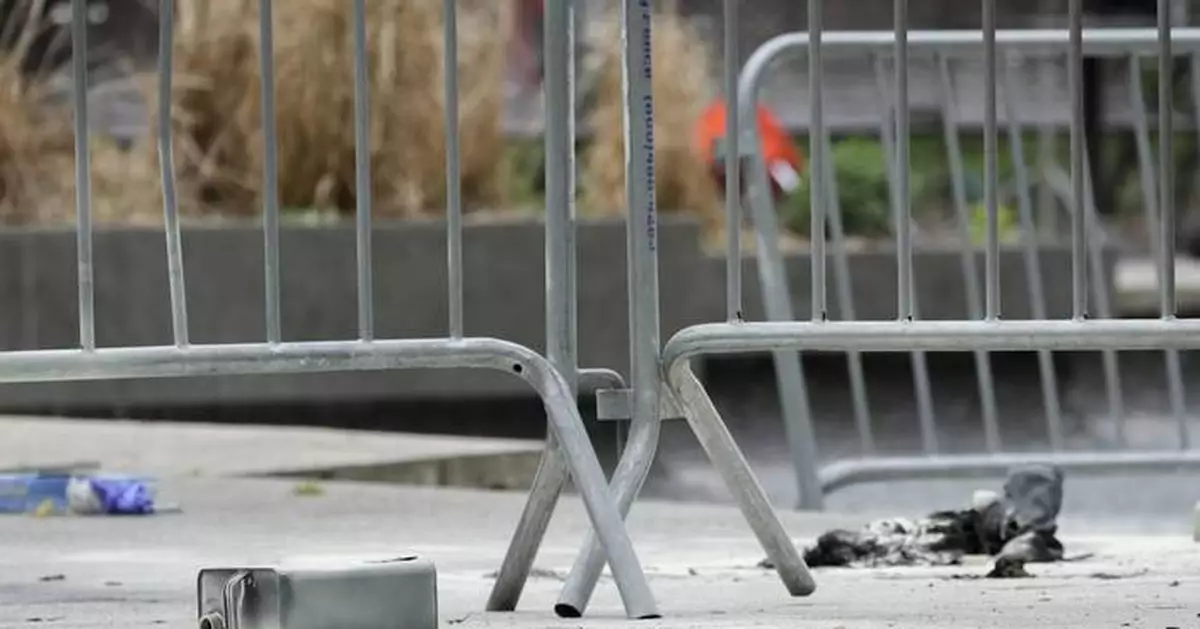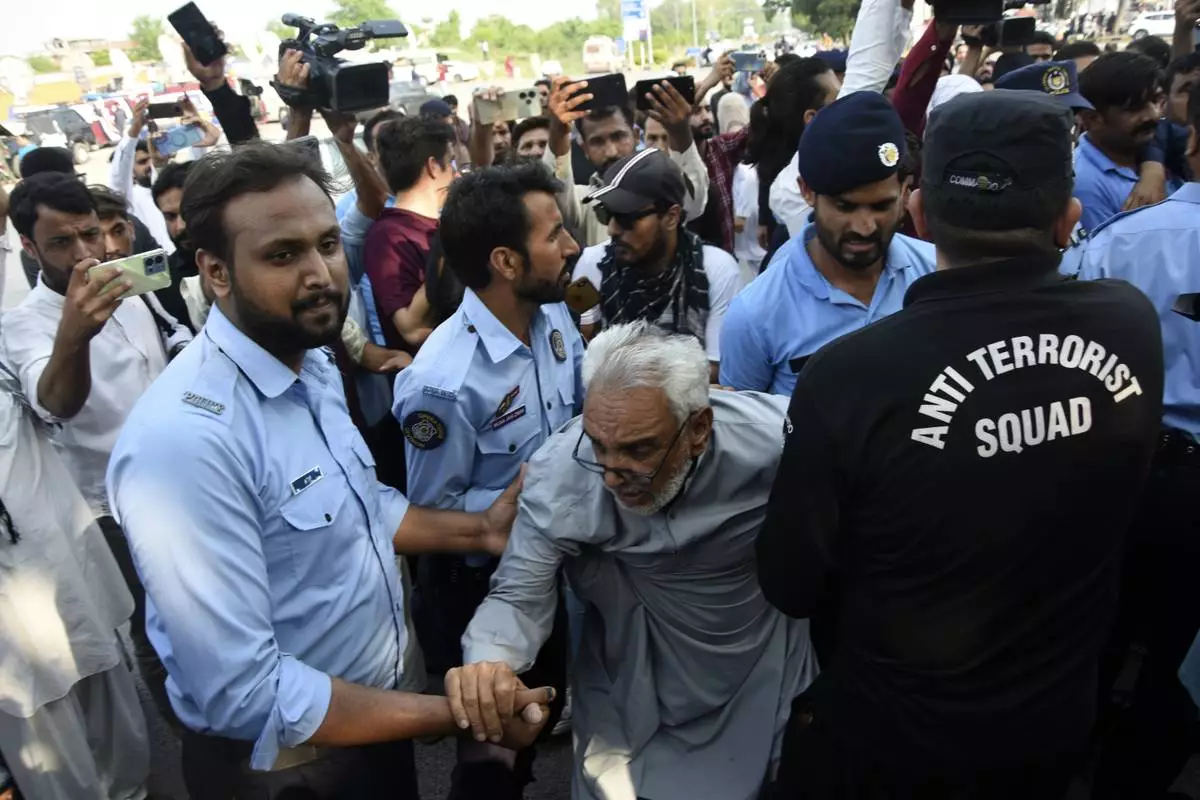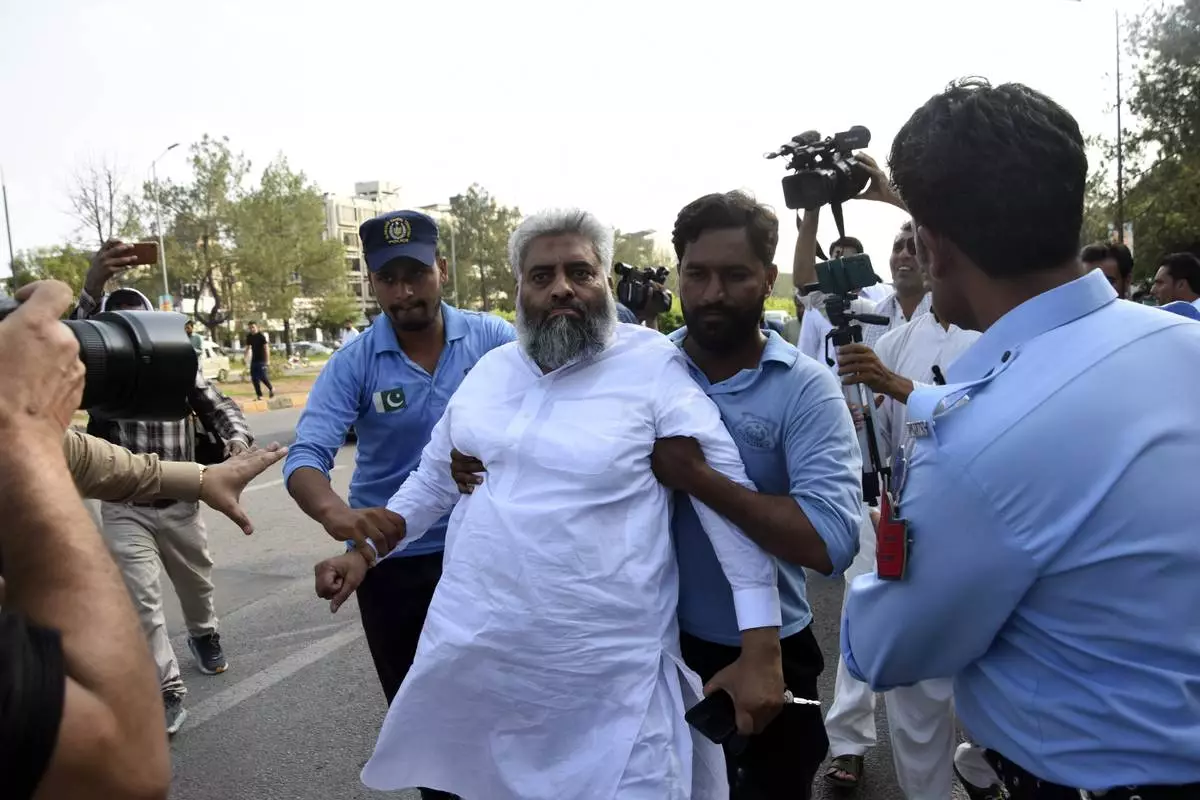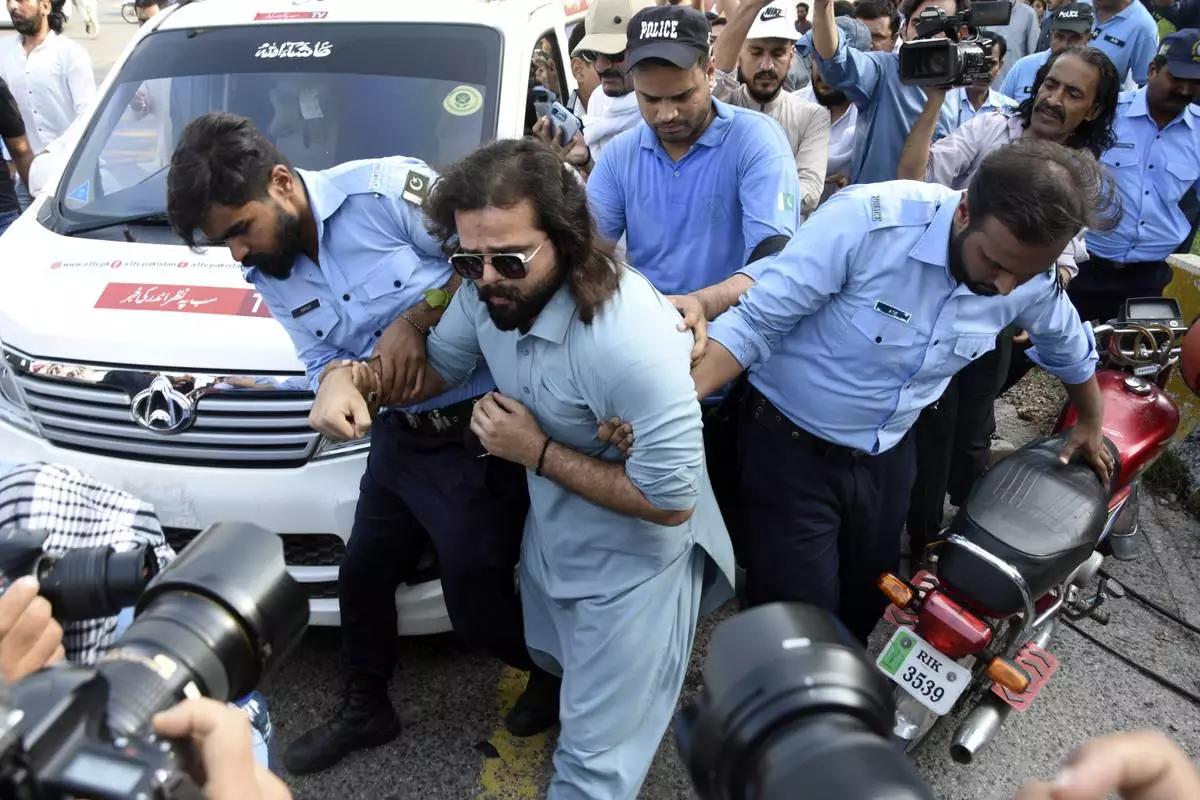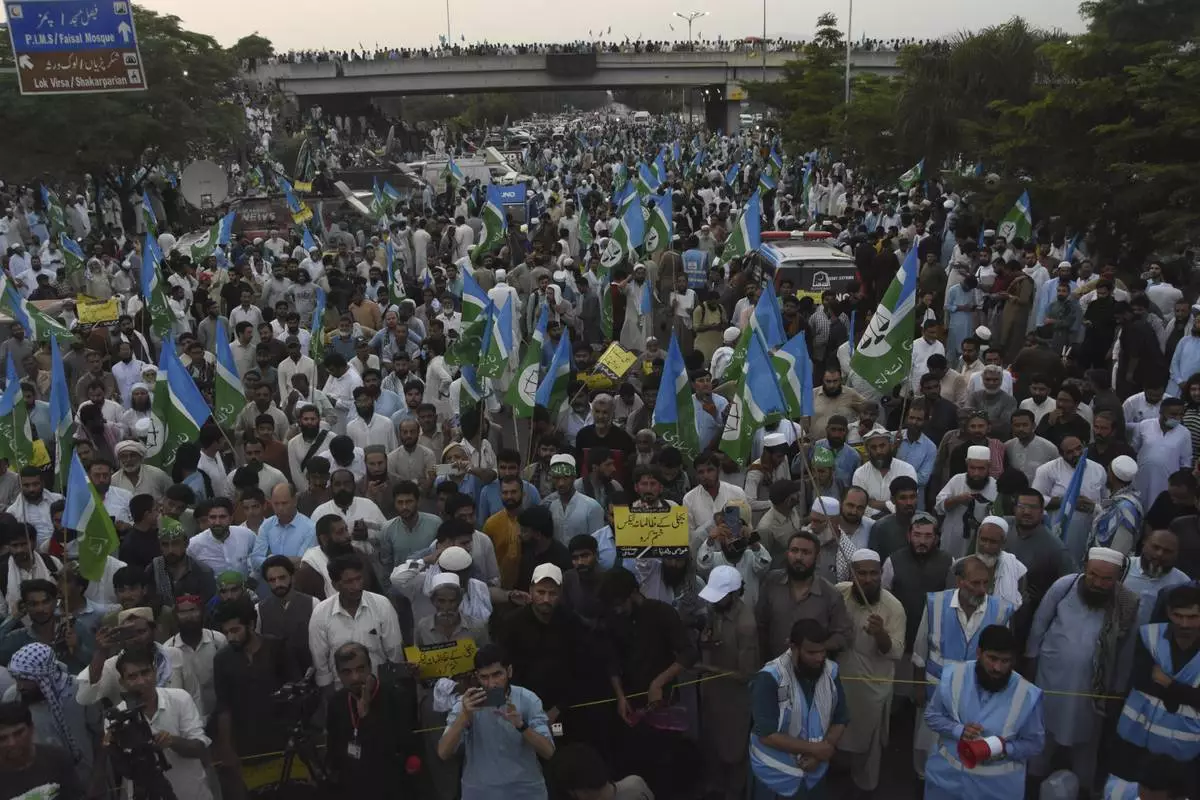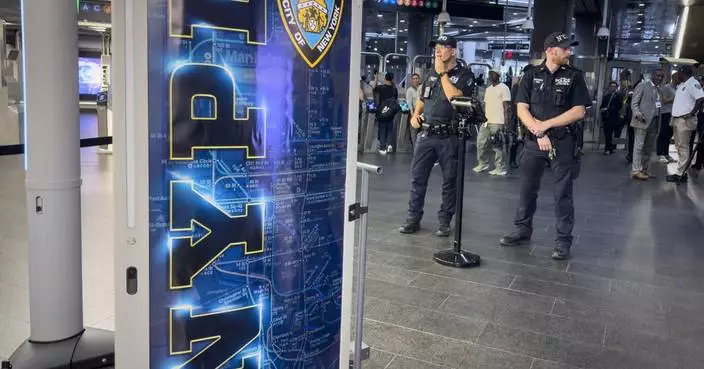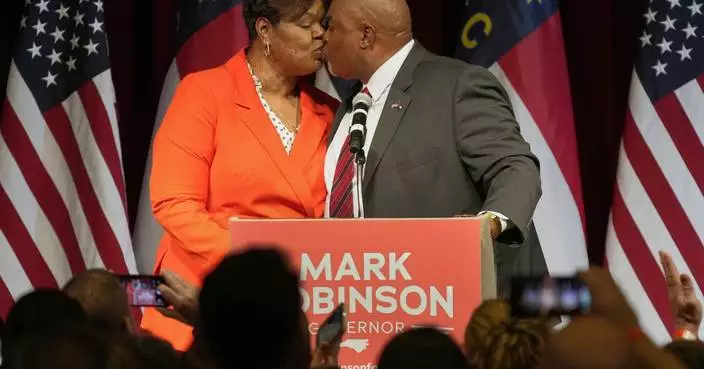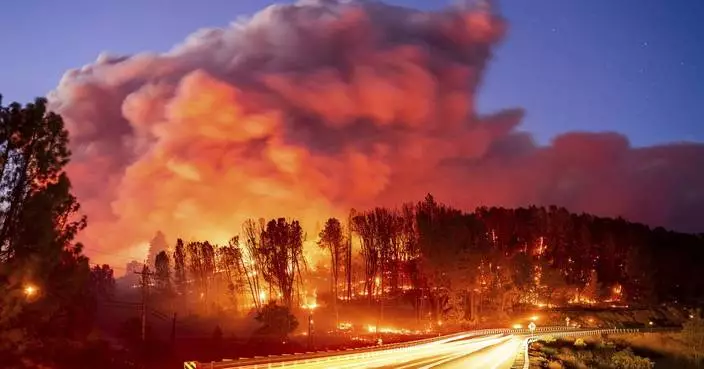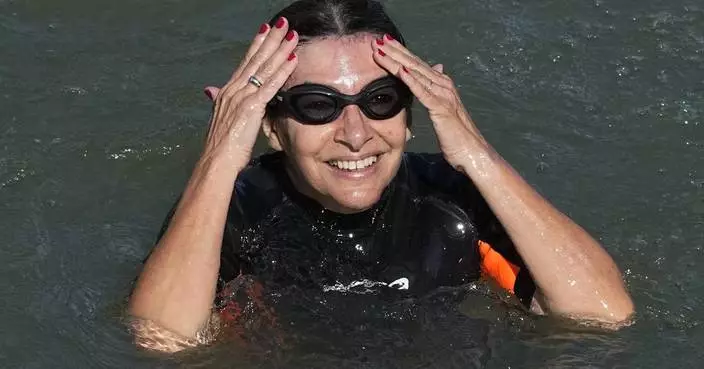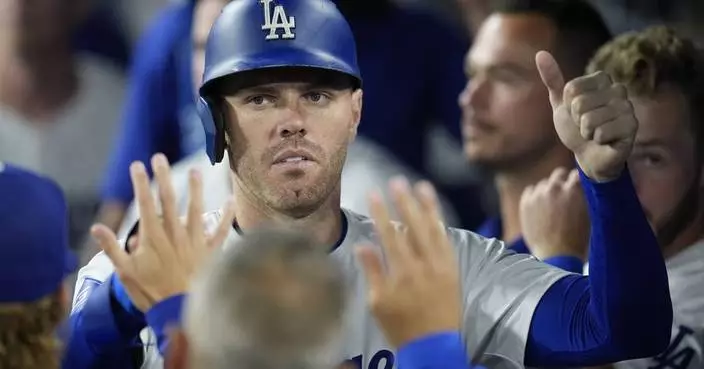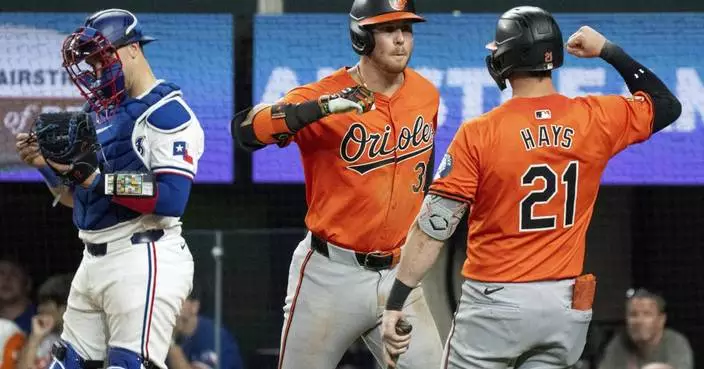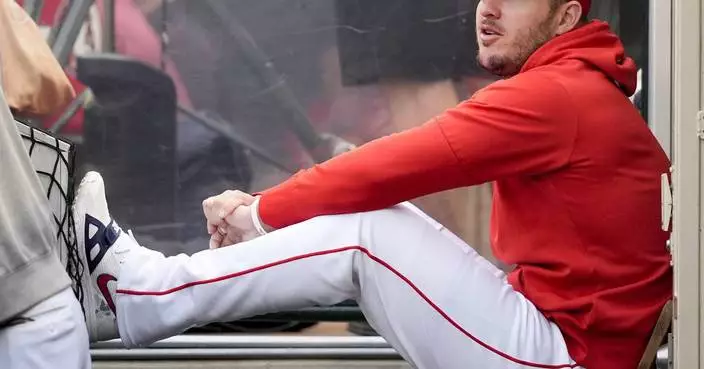NEW YORK (AP) — The man who doused himself in an accelerant and set himself on fire outside the courthouse where former President Donald Trump is on trial has died, police said.
The New York City Police Department told The Associated Press early Saturday that the man was declared dead by staff at an area hospital.
The man was in Collect Pond Park around 1:30 p.m. Friday when he took out pamphlets espousing conspiracy theories, tossed them around, then doused himself in an accelerant and set himself on fire, officials and witnesses said.
A large number of police officers were nearby when it happened. Some officers and bystanders rushed to the aid of the man, who was hospitalized in critical condition at the time.
The man, who police said recently traveled from Florida to New York, had not breached any security checkpoints to access the park.
The park outside the courthouse has been a gathering spot for protesters, journalists and gawkers throughout Trump’s trial, which began with jury selection Monday.
Through Friday, the streets and sidewalks in the area around the courthouse were generally wide open and crowds have been small and largely orderly.
Authorities said they were also reviewing the security protocols, including whether to restrict access to the park. The side street where Trump enters and leaves the building is off limits.
“We may have to shut this area down,” New York City Police Department Deputy Commissioner Kaz Daughtry said at a news conference outside the courthouse Friday, adding that officials would discuss the security plan soon.
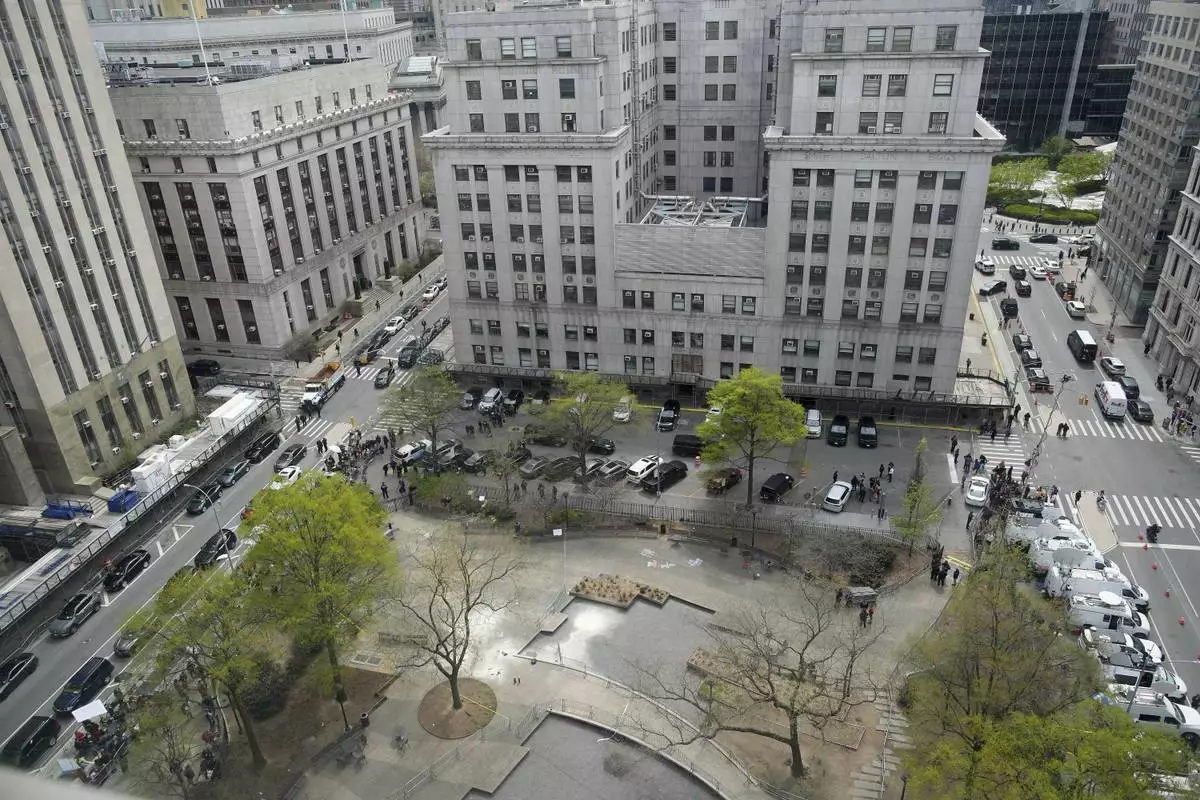
White fire extinguisher residue marks the spot in Collect Pond Park where a man lit himself on fire outside Manhattan criminal court, Friday, April 19, 2024, in New York. Emergency crews rushed away a person on a stretcher after fire was extinguished outside the Manhattan courthouse where jury selection was taking place in former President Donald Trump's hush money criminal case. (AP Photo/Mary Altaffer)
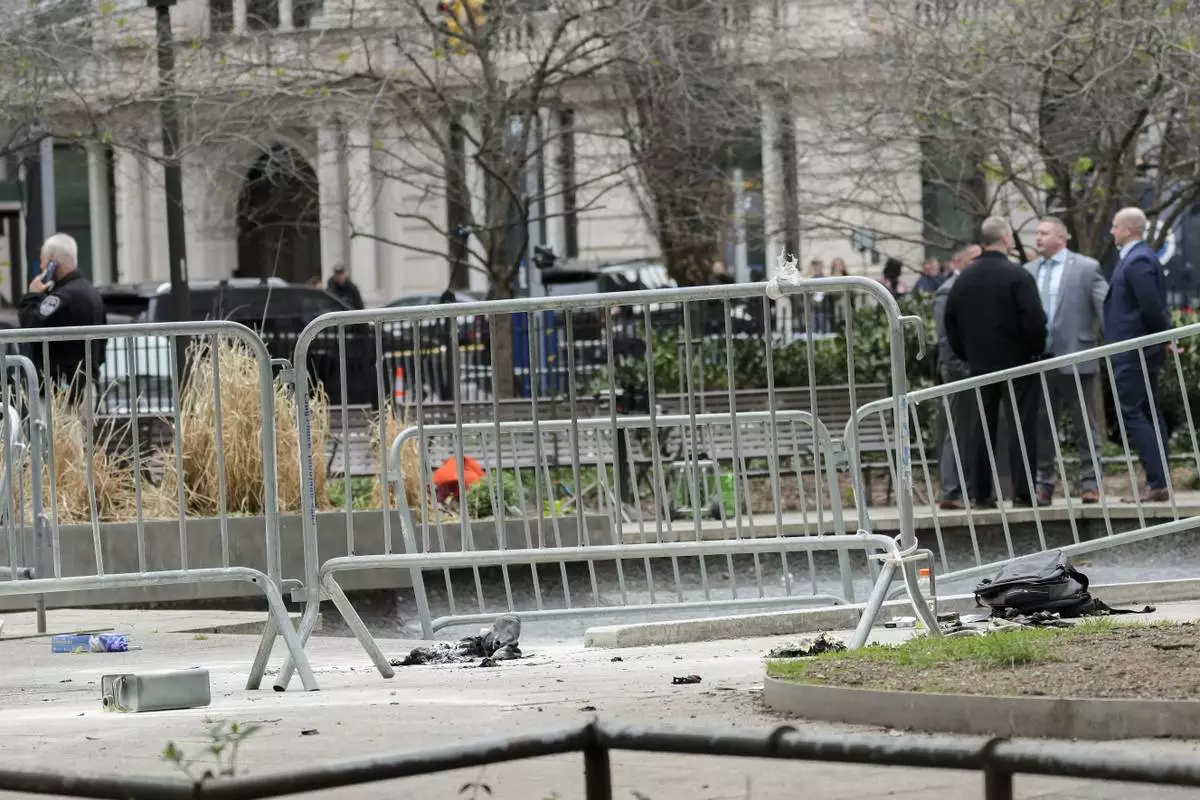
New York law enforcement and fire department personnel inspect the scene where a man lit himself on fire in a park outside Manhattan criminal court, Friday, April 19, 2024, in New York. Emergency crews rushed away a person on a stretcher after fire was extinguished outside the Manhattan courthouse where jury selection was taking place Friday in Donald Trump's hush money criminal case. (AP Photo/Mary Altaffer)
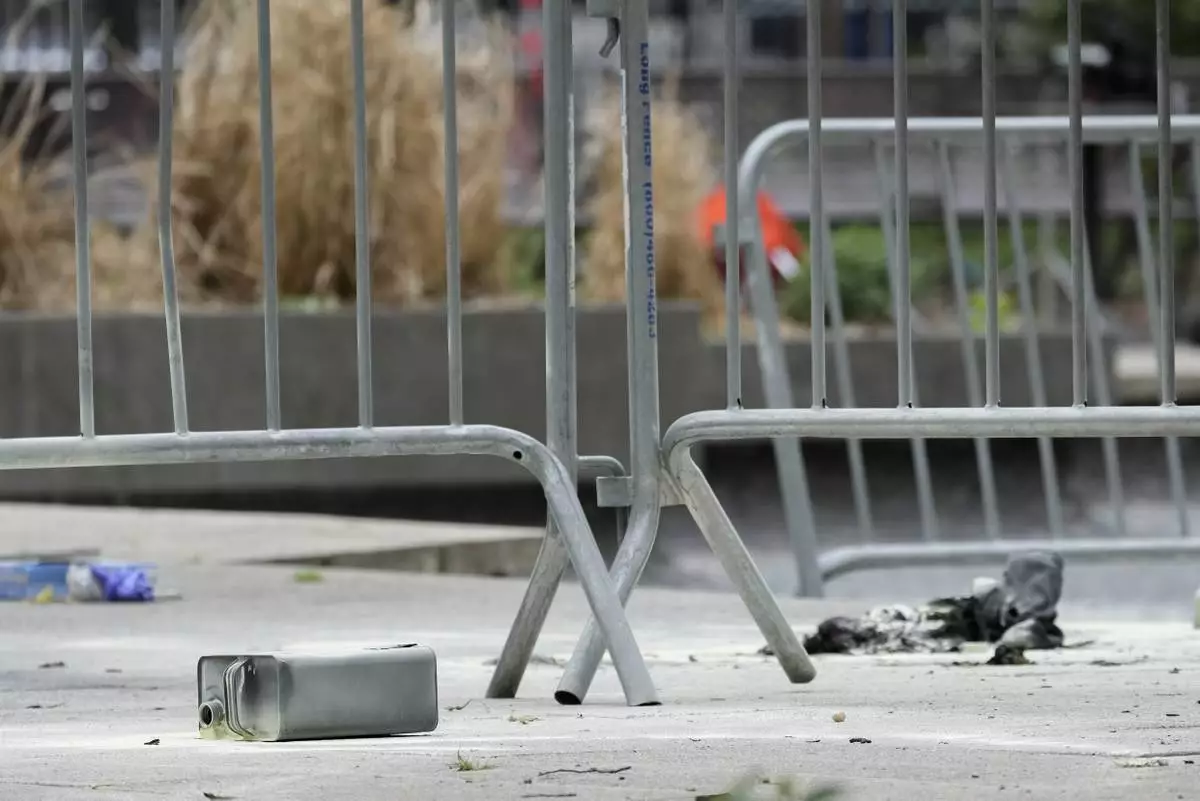
A metal can sits on the ground at the scene where a man lit himself on fire in a park outside Manhattan criminal court, Friday, April 19, 2024, in New York. Emergency crews rushed away a person on a stretcher after fire was extinguished outside the Manhattan courthouse where jury selection was taking place Friday in Donald Trump's hush money criminal case. (AP Photo/Mary Altaffer)


